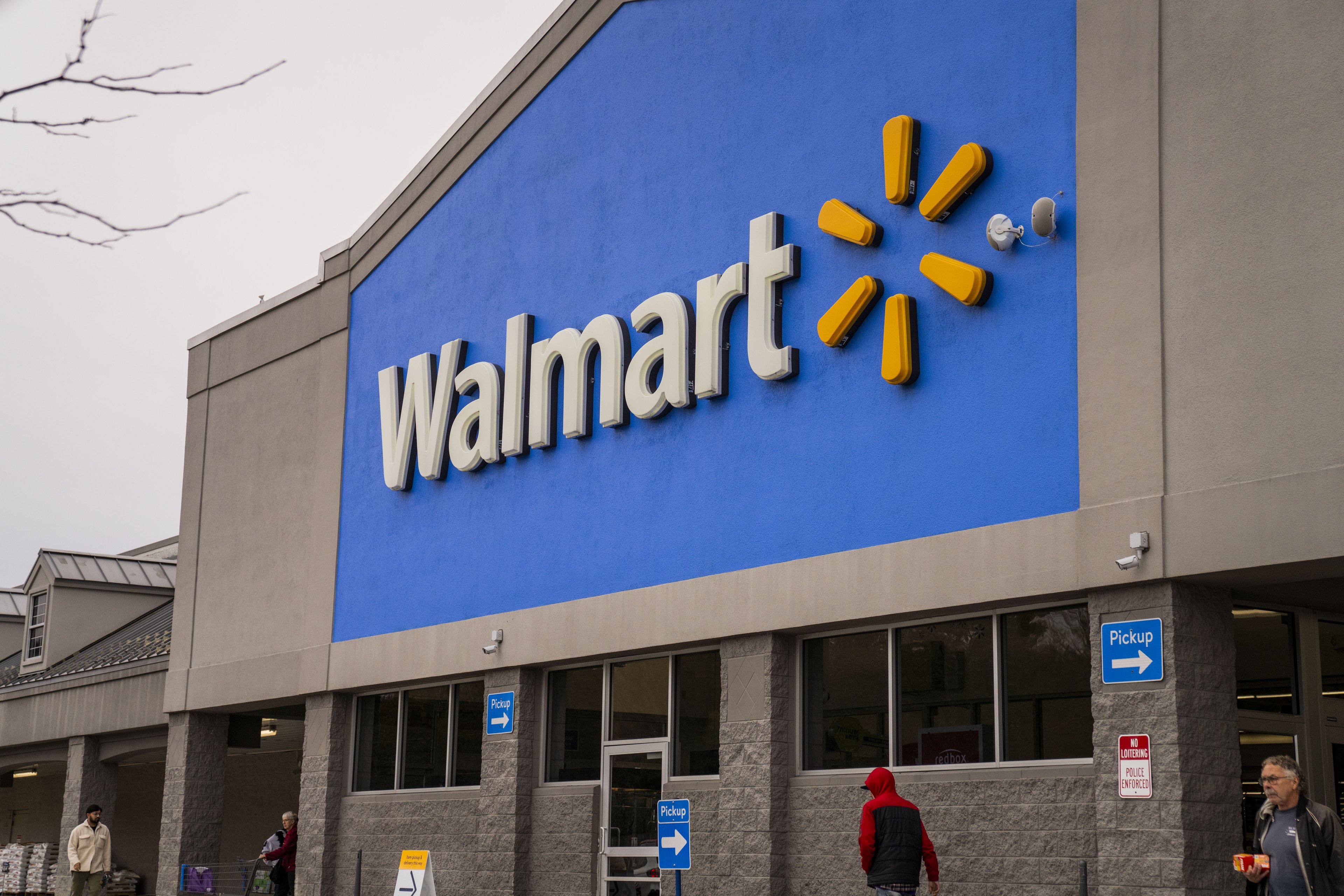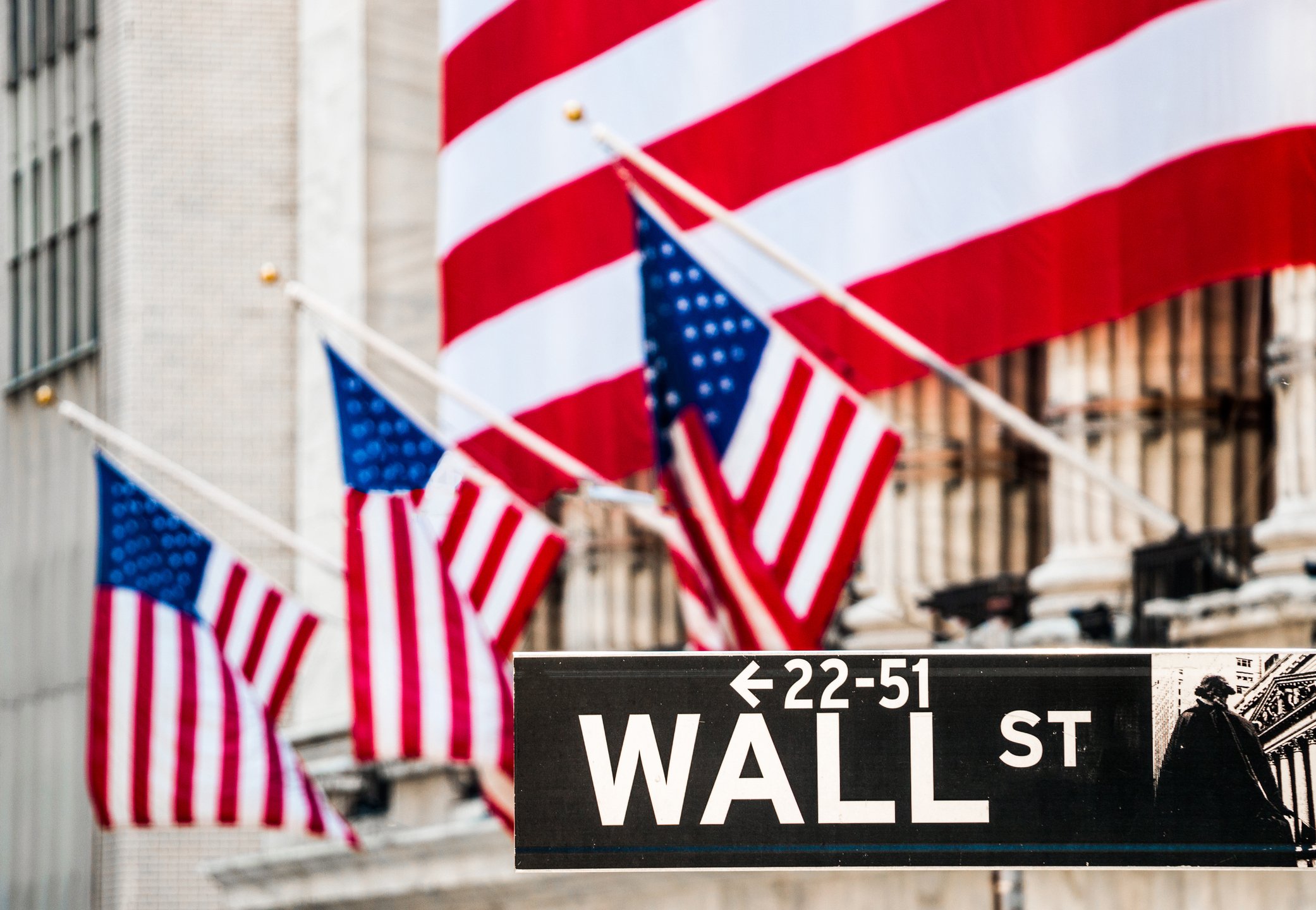Walmart (WMT +0.23%) has long been defined by its scale and ability to consistently source and deliver "everyday low prices" at its 10,700 global stores and e-commerce sites. But lately, the 62-year-old Arkansas-based retail giant has not only been refreshing its own story but also, arguably, reshaping the broader retail industry along with it, thanks to its landmark new deal with privately held OpenAI, the parent of ChatGPT.
According to its Oct. 14 announcement, the new partnership will let customers make purchases directly through ChatGPT. Instead of typing in search terms or scrolling through a lengthy list of results, the company said shoppers will soon be able to do all of that via the new Instant Checkout feature -- whether it involves planning meals, stocking up on nondiscretionary goods, or simply discovering new items.
"For many years now, eCommerce shopping experiences have consisted of a search bar and a long list of item responses," Walmart CEO Doug McMillon said in the company's news release. "That is about to change," he added while pointing to the importance of artificial intelligence (AI)-driven commerce that can instantly deliver personalized multimedia experiences -- at scale -- that are fun and convenient.
While Walmart's growing embrace of technology and its increasing reliance on so-called omnichannel retailing is not new, the company's bet on AI and ChatGPT, combined with its long-standing pricing power and ability to navigate the current suite of economic challenges, has not gone unnoticed by investors.

NYSE: WMT
Key Data Points
Specifically, within the struggling Consumer Staples Select Sector SPDR Fund, Walmart shares are up roughly 4% so far this month, 12% over three months, and 32% over the past year. This, at a time when the S&P 500 is up about 13% over the past 12 months and with Walmart defying the notion that defensive sectors have to be boring. As it stands, its $850 billion market value makes it the largest consumer staples stock, with an index weighting of almost 11%.
"A ton of data"
There's also one other critical thing Walmart already has that will help it catalyze its investment in AI and Instant Checkout -- and that's data.
"When I think about AI, one of the things that we've obviously got is a ton of data," McMillon told analysts during the second-quarter earnings call in August. "And it's not just product catalog data these days, it's delivery data. It's real-time data," he said in reference to what is often considered the secret sauce of e-commerce success.
Add that to the fact that Walmart's in-house shopping bot Sparky is already operational and about to be paired with ChatGPT's 700 million weekly users, and the behemoth from Bentonville is digitally positioning itself in ways that few -- if any -- other retailers can easily match any time soon.

Image source: Getty Images.
When you add in the business case for Walmart's AI embrace -- including its work with over a million employees, contractors, and suppliers -- the bottom line benefits begin to add up. Those include advances such as an 18-week reduction in apparel production timelines or a 40% improvement in customer care resolution times, Walmart's recent statement said.
Is it already priced in?
As the aforementioned performance stats infer, as well as the fact that its stock is at an all-time high, investors have been on top of the Walmart story for some time now. This reality includes Amazon, whose stock has lagged the physical store leader by 70% since the COVID-19-era low five and a half years ago.
As it stands, analysts overwhelmingly like Walmart right now, with 41 of 43 analysts surveyed by Yahoo! Finance currently rating the stock a buy or strong buy. One thing to be wary of, especially for new investors, is that those analysts see only about 5% upside potential over the next year, with a 12-month average price target of $113.
There's also the ongoing stress and strain caused by tariffs. McMillon downplayed their impact on the company and consumers during the Q2 call but warned that as inventory is being replenished at post-tariff price levels, the retailer has seen their "costs increase each week" and expects that "will continue into the third and fourth quarters."
Investors will be hungry for an update when Walmart posts its Q3 results in mid-November at a date that has yet to be announced.





